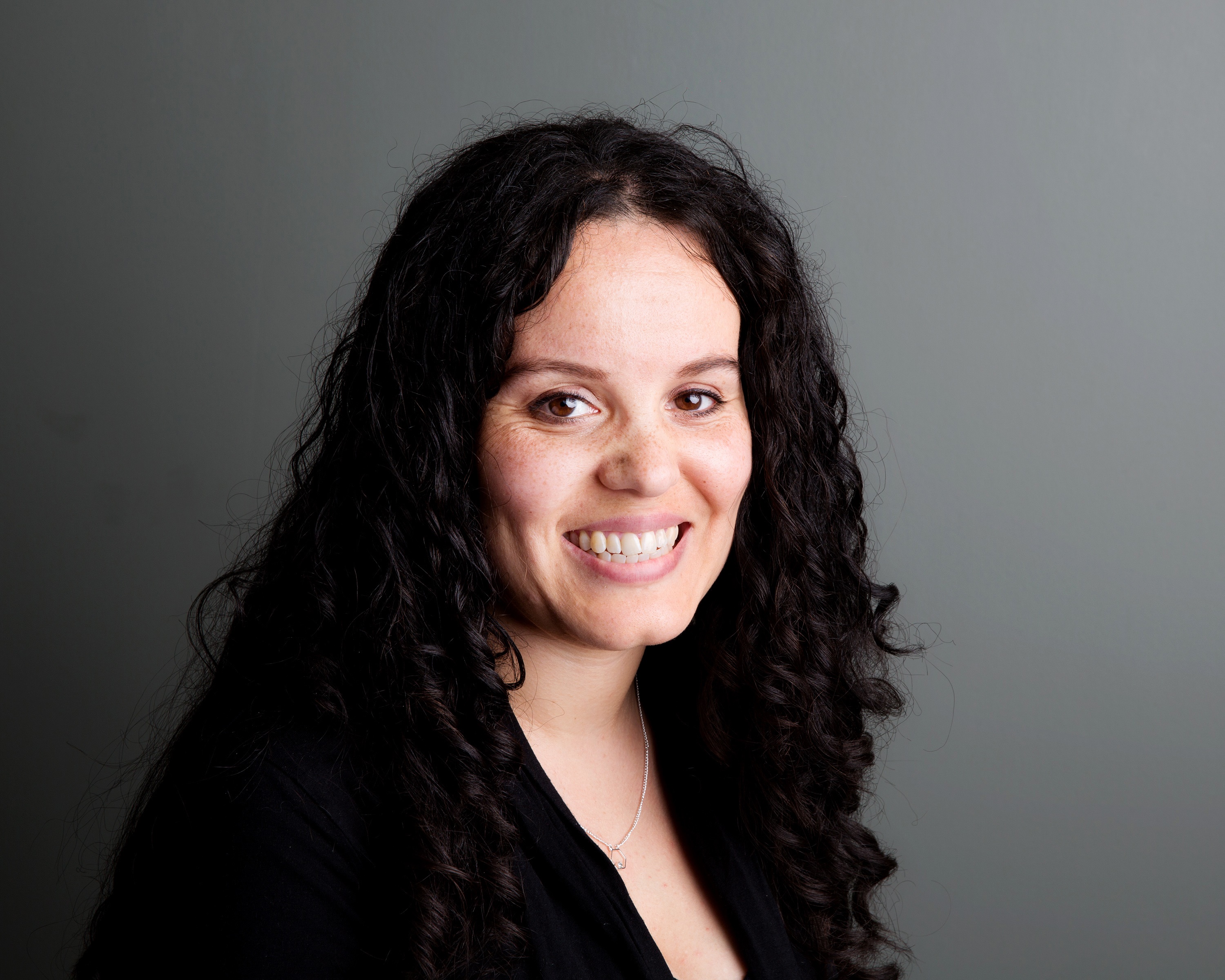A Step Change for Surrogacy?
Published on 02 April, 2020 | Melanie Kalina

The nature of what constitutes family life in England and Wales has changed radically over the last few decades.
Figures published by the Office for National Statistics (ONS) last November may have shown that the divorce had fallen by just over 10 per cent (https://www.ons.gov.uk/peoplepopulationandcommunity/birthsdeathsandmarriages/divorce/bulletins/divorcesinenglandandwales/2018).
That still meant that close to twice as many couples divorced in 2018 than did so in 1968 (45,794).
To that, we can add a 25 per cent increase over the last decade in the number of unmarried couples choosing to live together (https://www.ons.gov.uk/peoplepopulationandcommunity/birthsdeathsandmarriages/families/bulletins/familiesandhouseholds/2018).
With such a dynamic shift in the nation’s households, there has recently been tremendous pressure for the laws impacting on families to be updated in order to keep pace.
This momentum is arguably greater as a result of a new ruling by the Supreme Court in the case of a woman in the UK wanting to have children via a surrogate in the United States.
She was left unable to have children as a result of chemotherapy after developing cervical cancer. The Supreme Court was told how the woman may not have developed cancer if the London hospital had not been negligent in how it dealt with two of her smear tests and two biopsies.
The hospital, however, chose to appeal an earlier court ruling that the woman should be allowed to enter into a commercial surrogacy arrangement in California using a donor egg and her partner’s sperm.
Even though the woman had been awarded “substantial” damages for the physical and psychological injury which she had suffered, it argued that it should not have to foot the bill for her US surrogacy.
The Supreme Court has now given its support to the woman (https://www.supremecourt.uk/cases/docs/uksc-2019-0013-judgment.pdf) but the fact that it was by a majority and not unanimous decision underlines the differences of judicial opinion which remain in relation to the topic of surrogacy.
Yet it also illustrates how things change over time. One of the judges who ruled in favour of the woman involved in the latest Supreme Court case, Lady Hale, had been one of three justices who frustrated a similar surrogacy case in 2001 (https://www.bailii.org/ew/cases/EWCA/Civ/2001/1010.html).
Back then, she had explained how pursuing a commercial surrogacy in California was “contrary to the public policy” and, therefore, “a step too far” as things stood.
That decision, of course, did nothing to blunt the popularity of surrogacy or public and official debate on the topic in the UK.
One news report detailed how the number of parental orders – which transfer parental responsibility from a surrogate mother to the so-called ‘commissioning parents’ – had more than trebled between 2011 and 2018 (https://www.bbc.co.uk/news/health-47826356).
That publication almost coincided with a House of Commons’ study setting out how single people and not just couples were now keen to have their own children by surrogates (https://commonslibrary.parliament.uk/research-briefings/cbp-8076/).
Two months later and another indication of how pressing the matter was becoming was given when the Law Commission conducted a four-month consultation (https://www.lawcom.gov.uk/project/surrogacy/).
At the time, the Commission made clear that there were “significant problems” with the laws governing surrogacy – the Surrogacy Arrangements Act 1985 and parts of the 2008 Human Fertilisation and Embryology Act.
Instead, it proposed a new ‘surrogacy pathway’ which would allow “intended parents to be the legal parents of the child from the moment of birth” as well as allowing greater recognition of the sort of international surrogacy arrangements which have featured in the new Supreme Court ruling.
Even though the Law Commission doesn’t expect to produce its recommendations until 2022, I think that its project and the new Supreme Court decision demonstrate that there has been something of a sea change in attitudes to surrogacy.
Whereas once people were either opposed to or at the very least reluctant about the idea, it is now considered a more legitimate way to start a family.
The Supreme Court’s judgement does not amount to a change in the law but, in my opinion, it certainly helps pave the way for politicians to address the need to do so.
As the Law Commission has identified, though, it’s essential to put in place a structure and safeguards which protect the rights of both the commissioning or intended parents and the surrogates too.
If that isn’t done, it’s quite possible that we could find ourselves in a situation whereby instead of avoiding legal action, claims by those who have given birth on behalf of someone become just as common as those brought by people wanting to have children but unable to do so without help .